Is a podcast pre-interview a time-waster?
Conducting a pre-interview for your podcast might seem like a pain when you’ve got so much to do for each episode.
But it can really help you get the most out of your podcast guest.
[button text=”Apple” url=”https://itunes.apple.com/au/podcast/podschool-learn-how-to-create-professional-podcast/id1239671724?mt=2″ class=””] [button text=”Google” url=”https://www.google.com/podcasts?feed=aHR0cHM6Ly9yc3Mud2hvb3Noa2FhLmNvbS9yc3MvcG9kY2FzdC9pZC8xMzAz” class=””] [button text=”Spotify” url=”https://open.spotify.com/show/1Q2L51iY2sIL8BEkAKyxZj” class=””]
Why are pre-interviews for your podcast a good idea?
They stop you wasting time in the actual interview
If you spend time during the pre-interview working out the best stories and advice your guest has to offer, you’ll be more able to focus on those areas during the actual interview.
Sometimes you’ll be able to get a lot of this information when you’re researching but this relies on your guest having a decent online presence.
If there’s not much information out there a quick catch-up on the phone can help you hone in on the interesting bits so you don’t waste time trying to find them when you’re recording.
The last thing you want to do is book 30 minutes with someone only to only get to the good stuff 20 minutes in.
A pre-interview can help you avoid that.
They help you build rapport with your guest
Meeting someone for the first time when you’re both in front of a microphone isn’t the most relaxed atmosphere to get to know each other.
Having a chat on the phone before you start recording can help you understand your guest’s conversational style and rhythm.
It can also give you an opportunity to get to know each other so that when you do start the questioning you’ve already developed a relationship.
The more time you have to build rapport and trust, the better your final interview will be.
They allow you to set expectations
Your guest will always feel more at ease if they know exactly what you expect from them and what they can expect from you e.g. How are you going to conduct the interview? Who’s your audience? What would you like them to prepare? What’s the structure of the chat?
The more information you can give them, the more comfortable they’ll be and the more comfortable they are the better the interview will be.
They help you test talent
Not everyone is a great talker and if you’ve booked a guest based on their social media profile or blog you might not have a clue whether they’re good at telling a story.
Since podcasting is all about audio you need to make sure your guests are good interview subjects, otherwise, it might not be worth having them on.
It’s better to find this out over the phone than when you’re sitting there ready to press record.
They give you the opportunity to establish boundaries
This is particularly important if you’re conducting a sensitive interview.
It’s a good idea to ask your guest if there are any topics they’d prefer not to discuss or any no-go areas.
It’s better to get this out of the way on the phone rather than in the actual interview.
It also helps your guest feel like they’re in safe hands and that you care about making sure they feel comfortable.
You can make sure you’re pronouncing their name right
It’s always a good idea to do that before you get them offside by saying it wrong 700 times in the interview.
Often they won’t correct you until after the interview is over and by that stage, it’ll be too late.
How can you conduct a pre-interview for your podcast?
Over the phone
If you can get your interview subject on the phone that’s great because it’s a better way to build rapport than over email.
Hearing your guest’s conversational rhythm and working out how they respond to you can be very useful things to know before going into a chat.
This is also a great way to work out whether they’re good interview talent.
Pre-interview survey
If you’re interviewing a lot of people and you know there are certain areas you’re always going to cover a survey can be a great option.
Just make sure the answers can be given quickly because no one wants to feel like they have to do homework to come on your show (unless your show is a really big deal).
Things to remember if you’re conducting a pre-interview
Don’t do the interview in the pre-interview
You want to get a sense of the best questions to ask, or where to focus the chat but you don’t want to know everything.
If your guest is telling a funny story, it’s best to hear it for the first time when you’re recording rather than pretending you’re hearing it for the first time.
The more genuine your interaction is the more it’ll keep an audience engaged
Don’t fake it
If you know where a story is going, don’t feel like you have to say “OMG! Are you kidding?”
Your listeners will be able to tell if your reaction is authentic and you don’t want them thinking you’re faking it.
You’re the host so you should be guiding the conversation and that means it’s ok if you know where it’s going.
It’s your listeners who should be learning about things for the first time.
Got a burning podcasting question you’d like answered? Send me an email.
Want to start your own podcast but need a little help? Download my “How To Start A Podcast” guide or sign up for my online podcasting course, PodSchool.
Hello and welcome to the show. Today's episode is inspired by a question that was sent to me on Twitter. If you have any questions about podcasting that you would like me to answer on this show I would love to hear from you and you can always send me an email at PodSchoolPodcast.com or alternatively hit me up @RachelCorbett on Twitter.
Somebody who did just that is @headovaryheels. I am assuming that is a she because of the ovary and the title. She tweeted me "Just listened to PodSchool and loved it and you asked for questions. What are your thoughts on pre-interview before the recorded interview.
Great question. My thoughts are...it's a great idea if you can actually do it. Some of the reasons you might not be able to is if you can't get extra time with your guest. That depends on who you are interviewing. If you were interviewing somebody that's super busy and you've just managed to get 20 minutes or 30 minutes with them and it's an absolute blessing you got it then it's pretty difficult to ask for more time. However you could always ask for more time if they have an assistant (maybe you can just talk to them). The other idea is if you couldn't get time with them that maybe you could send or prepare a pre interview survey.
This could be quite helpful because you might not have time to actually sit down and pre interview everybody that you talk to so you could put together a few questions that will help you hone your interview questions and send them an email. Please make sure you're not asking them to write War and Peace. Nothing would turn someone off like looking at an email and thinking "Oh my word this is going to take me an hour to finish. If you can just do a survey maybe that gives options A B C and D. That's a possibility as well. But your best option will always be to have a chat with somebody just for 10 or 15 minutes.
So why would you bother doing this if you're gonna sit down with somebody and chat with them anyway? Why are you doing it twice? Well the truth is you're not doing it twice. You're only going to do the actual interview once and that's really important to remember. You don't want to do the full interview in the pre interview. The preinterview is really just about a few things.
The first is building rapport with your guest. It's very difficult to sit down opposite somebody cold, if you've never seen them or spoken to them before, and get the best out of them. If you can possibly have a bit of time just have a conversation so they can find out a bit more about you. They can get the style of what your conversations like, you can touch base with them and have a bit of a chat so that when you sit down with them in the interview it's not the first time you've ever laid eyes on each other. That'll really help you.
The other thing is that you want it to help you hone your questions. You don't want to be in a situation where you've booked 20 minutes with somebody and it takes you 18 minutes to get to the killer story that you think "God I wish I'd started with that!" You want to get a sense of the most meaty areas of that person's expertise or their story so that you can better hone your questions to make sure that you focus on those things.
It will also help you work out whether they are good talent. Sometimes they might have written a great book that you love dearly and that has given you a whole heap of information that you will never be able to live without. But when you talk to them on the phone they are boring. And if that is the case sometimes you have to just let them go. Having a pre interview with somebody and a chat will give you a sense of their energy and that is really important when you're on a podcast. Sometimes you're going to come across some real duds and if you have a preinterview with somebody even before you've booked in time to actually do the interview that can be quite good to work out whether or not that person is going to be right for your show.
You can also find out how to pronounce their name correctly so that you don't get 25 minutes through the interview, say goodbye and they sau "actually that's not how you say my name.
The preinterview is about building rapport and stopping you from wasting time in the actual interview. If it's not possible it's not the end of the world. It's just something additional that can be useful to help you get the best out of your interview subjects.
Some things to be mindful of when you are doing a pre interview... As I said before do not do the whole interview in the pre interview. You just want to get an essence of the best areas to mine or the things that your guest is most passionate about so you can target your questions towards those things. You definitely want to be having a natural conversation when you're sitting down with that person for the full interview and that means not faking the laughs and the surprise at things you've already heard before.
If you do hear stories that are pretty amazing you want those reactions to be really natural and it's important that you don't pretend you haven't heard them when you're doing the interview. For example if you start talking about skydiving and your guest tells you they had a near death experience except for the fact that they fell into a tree and were saved. And it's an amazing thrilling phenomenal story. You don't want to get into the main interview and say "So, have you ever been skydiving??" and then acting along like you're hearing the story for the first time if you've heard it. It's okay for you to hear it. You're the person that's leading your guest. And it's really your audience that you want to be hearing things for the first time. Of course you want to be surprised in the moment as well but if you know things that's fine because you're the person in control. So instead of asking "Have you ever been skydiving?" you could ask something like "So you went skydiving and if it wasn't for a well-placed tree you might have died?" or something along those lines. Essentially you are signalling to the listener and to the person who's telling the story "I know where this is going but I know it's a great story and I want you to tell it anyway." Your audience will be really amazed and you will actually have natural reactions because when you ask the question that way the person who is telling the story will tell it in a way that still gets natural reactions out of you.
If you can't do a pre interview before somebody walks into your podcast studio or into your lounge room or wherever you record then just make sure you've got five or ten minutes to sit down and have a chat with that person before you actually start the interview. You don't want to go into your first question completely cold. You want a bit of time to have that sort of social lubrication that will let you feel each other out for a bit and let them know you are someone to be trusted. You also want to set the expectation for them as well - let them know what's going to happen in the interview, let them know how it's going to play out so that they feel comfortable and confident, let them know who your audience is and who they're speaking to so they understand if they have to adjust their messaging at all. Let them know as much as you possibly can so that they know they're in safe hands and they know exactly what's expected of them and what they can expect from you.
So those are some of the reasons why you would conduct a pre interview with your podcast guest.
If you want to send in a question please do. You can do it via Twitter @RachelCorbett or via email at PodSchoolPodcast.com. If you head to that website you will also find links to my podcasting tech guide which will give you a list of all of the equipment that you need to set up a home studio. I've also got a link to my online podcasting course, PodSchool.com.au, which is a series of videos that takes you step by step through all of the aspects of podcasting.
Thanks so much for joining me for this episode and I'll see you next week. Until then happy podcasting.
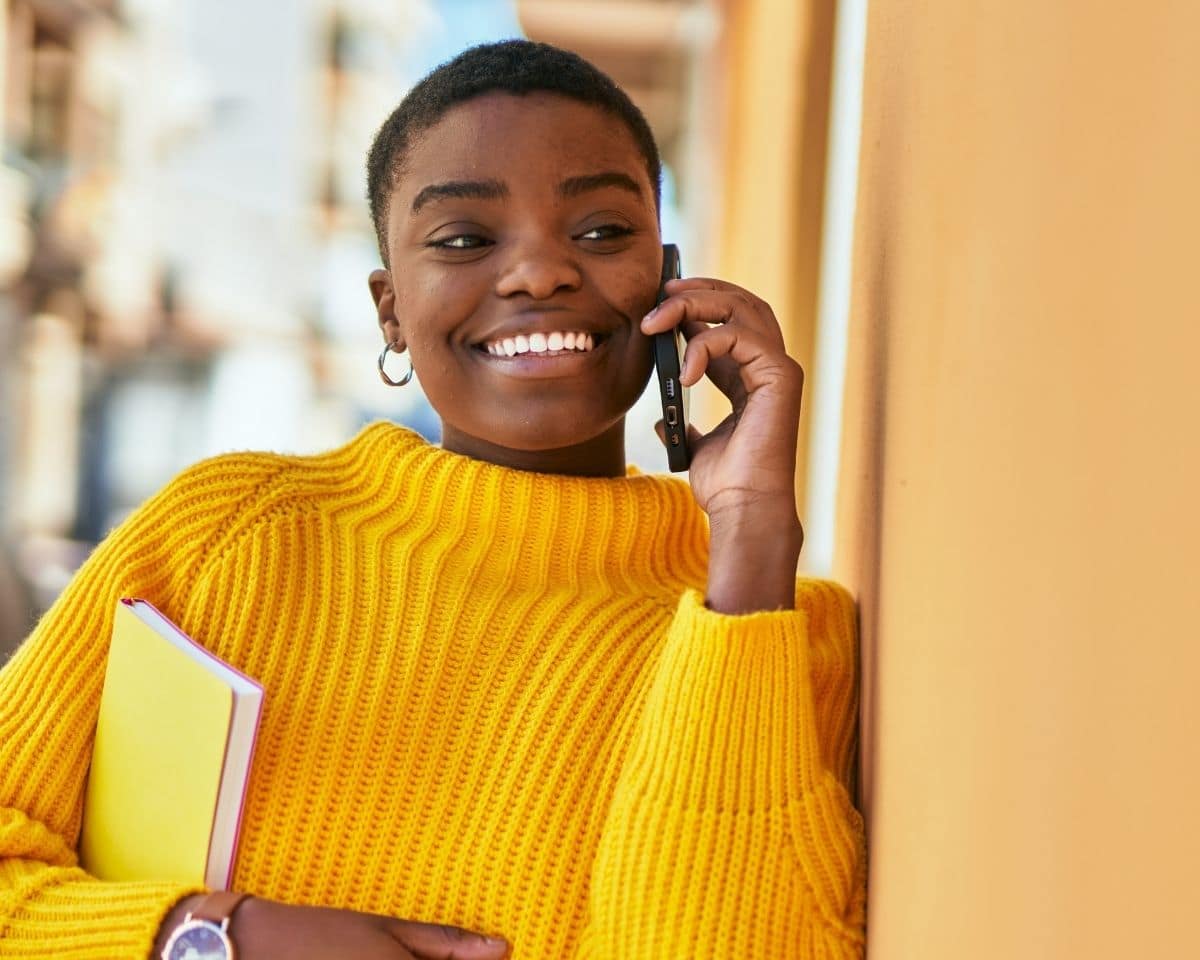
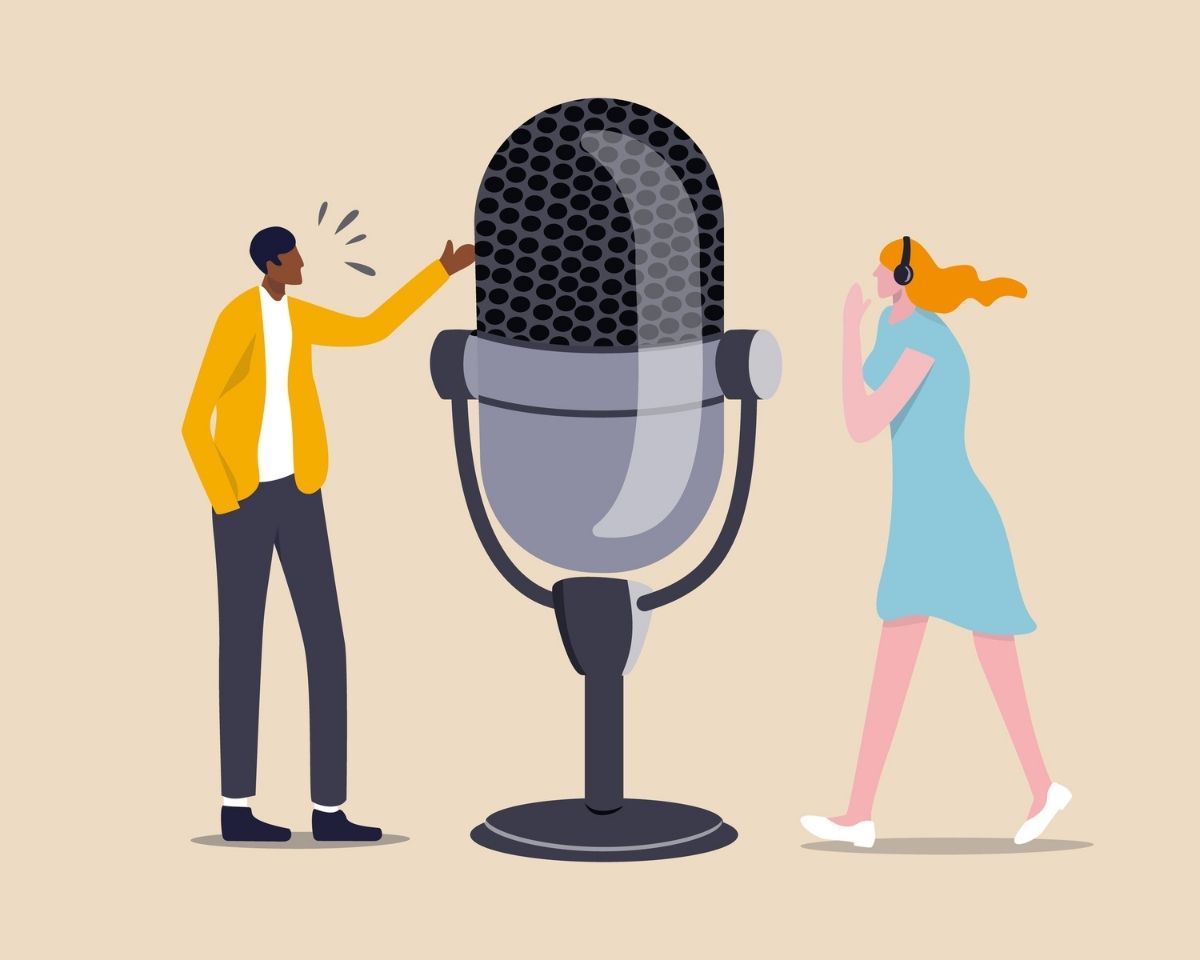
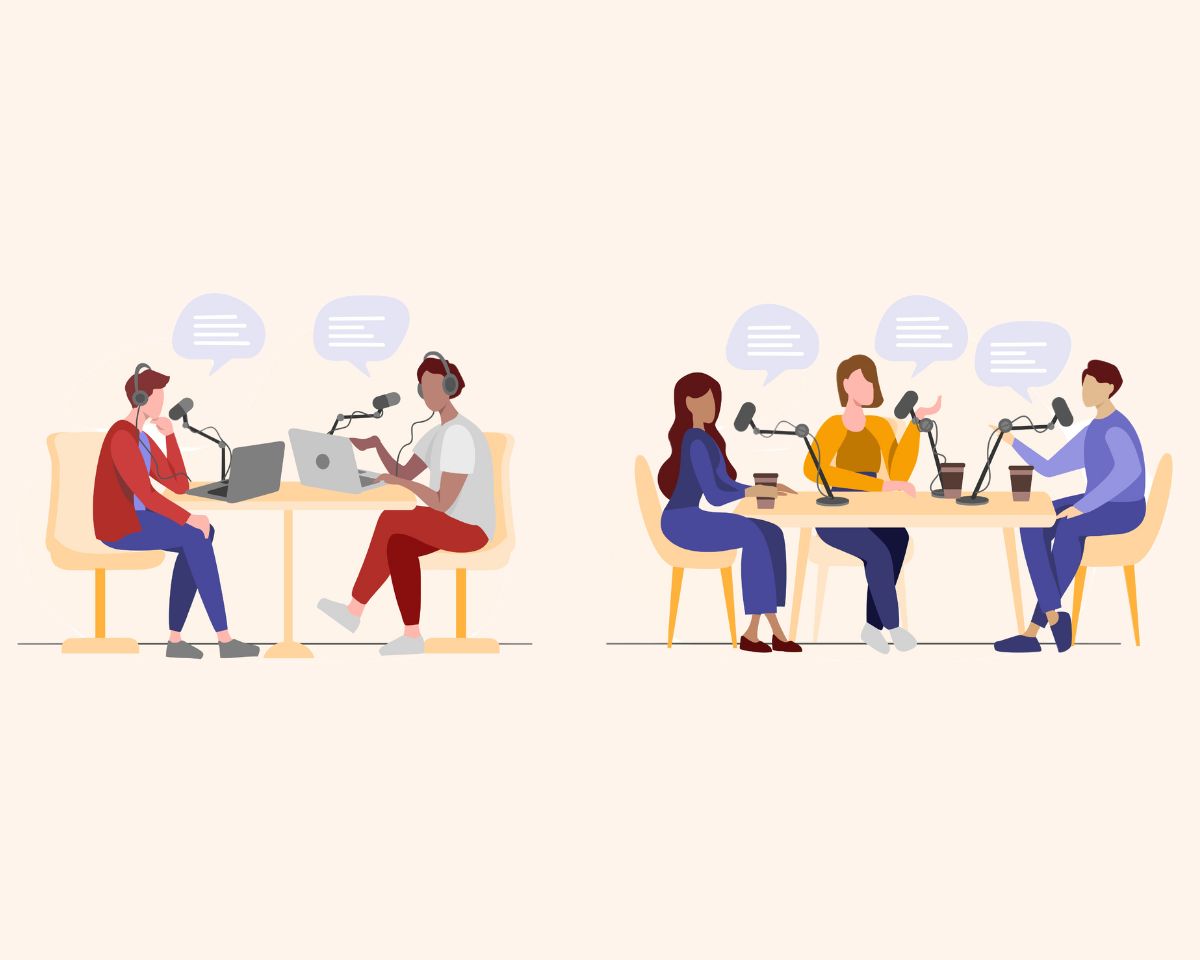
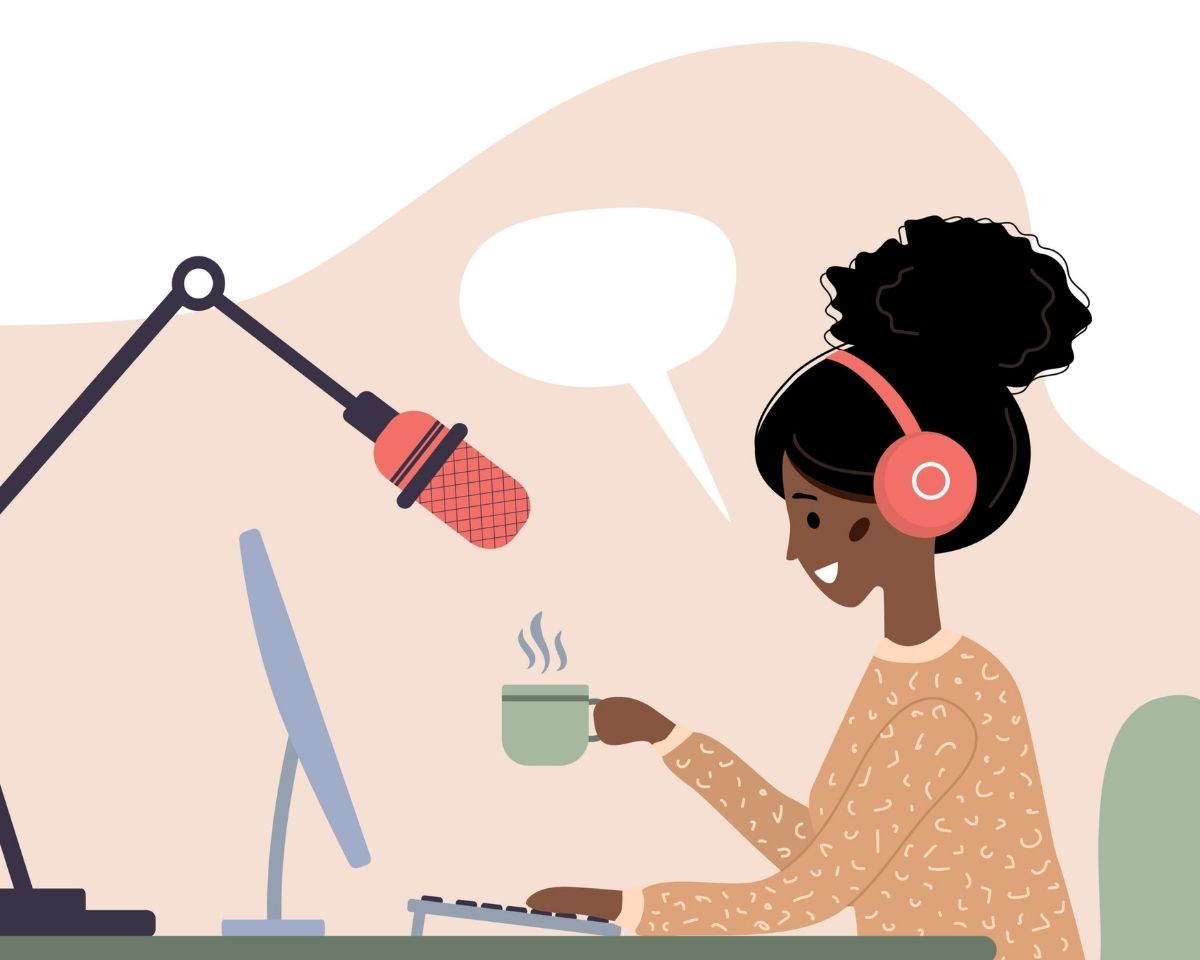
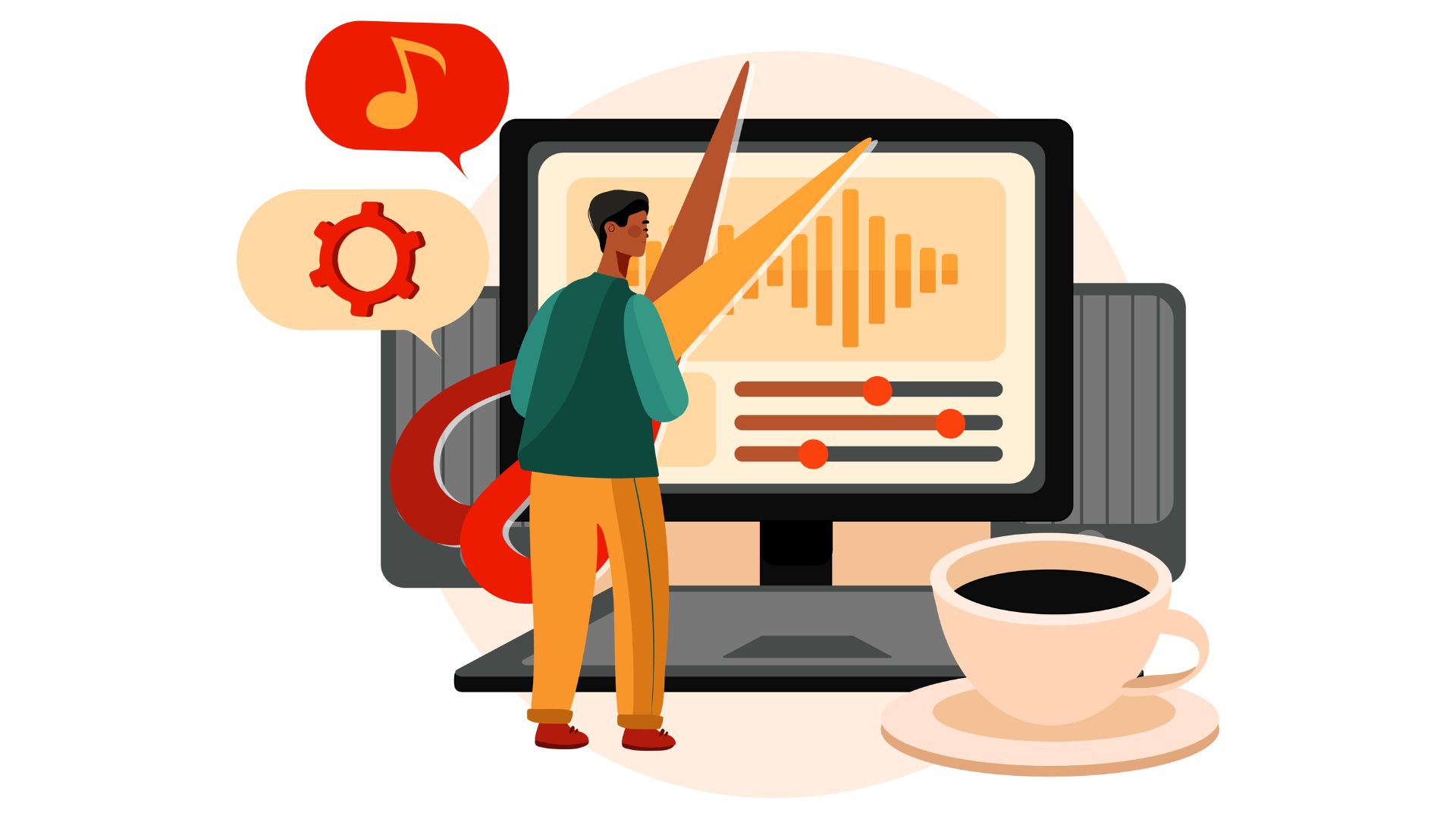
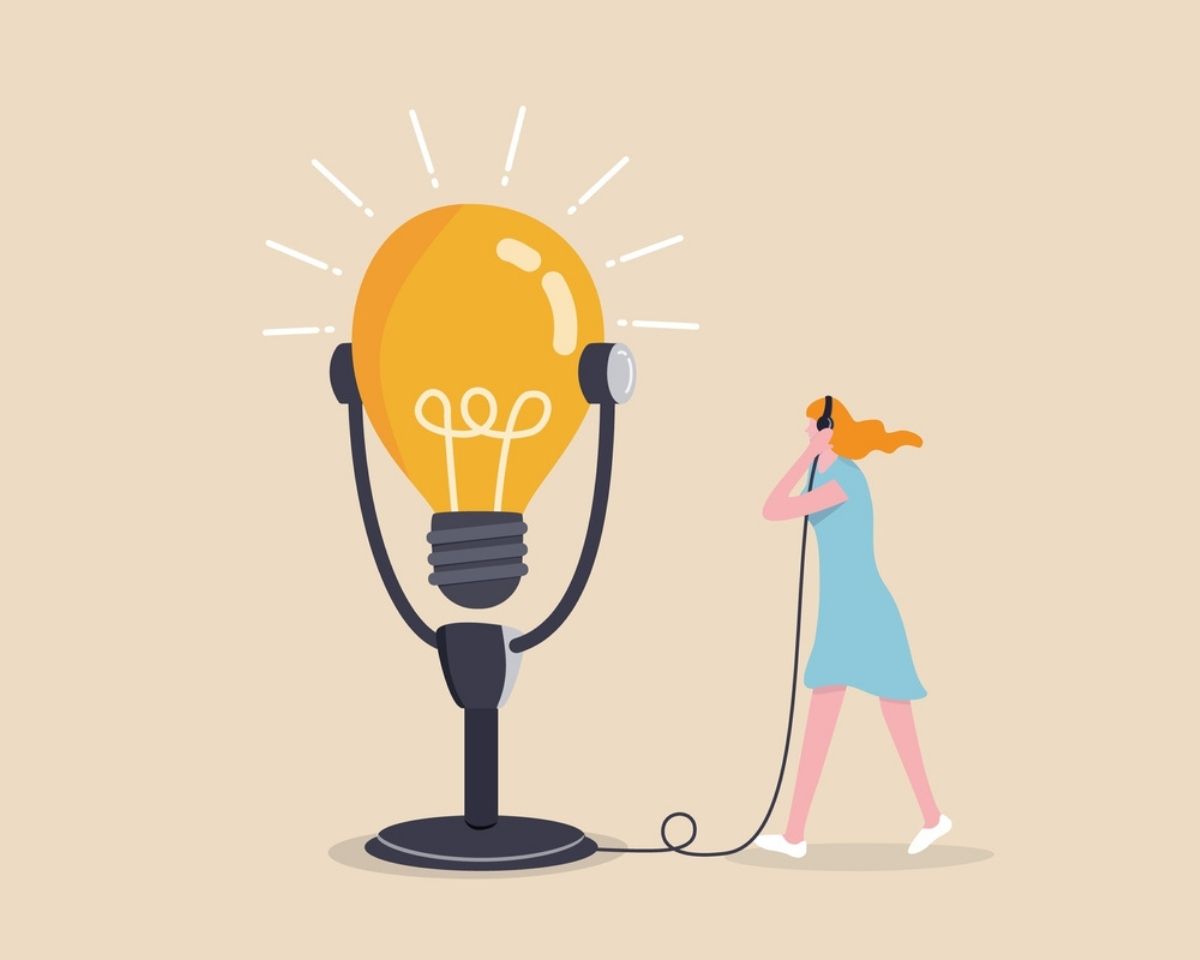

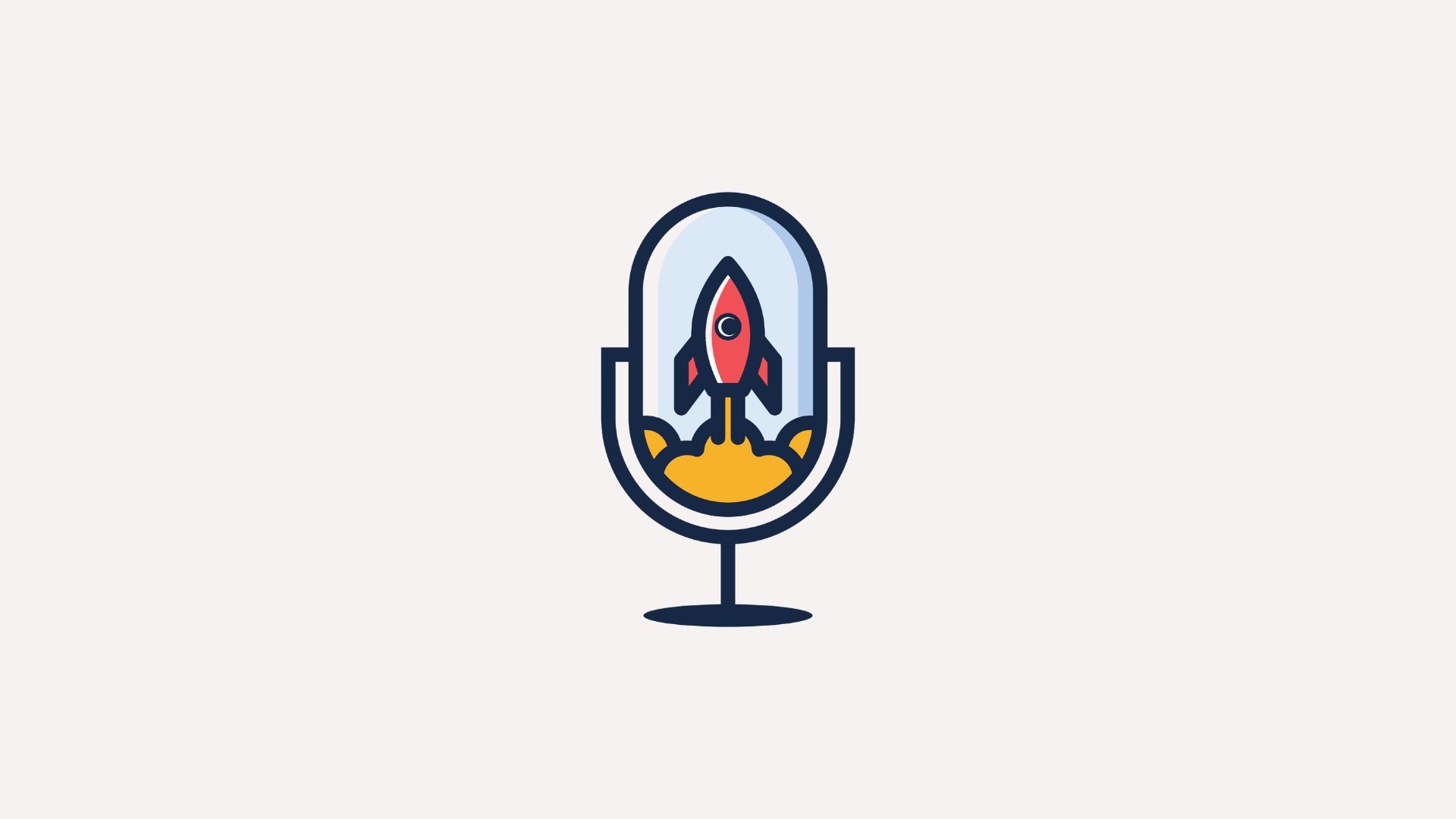
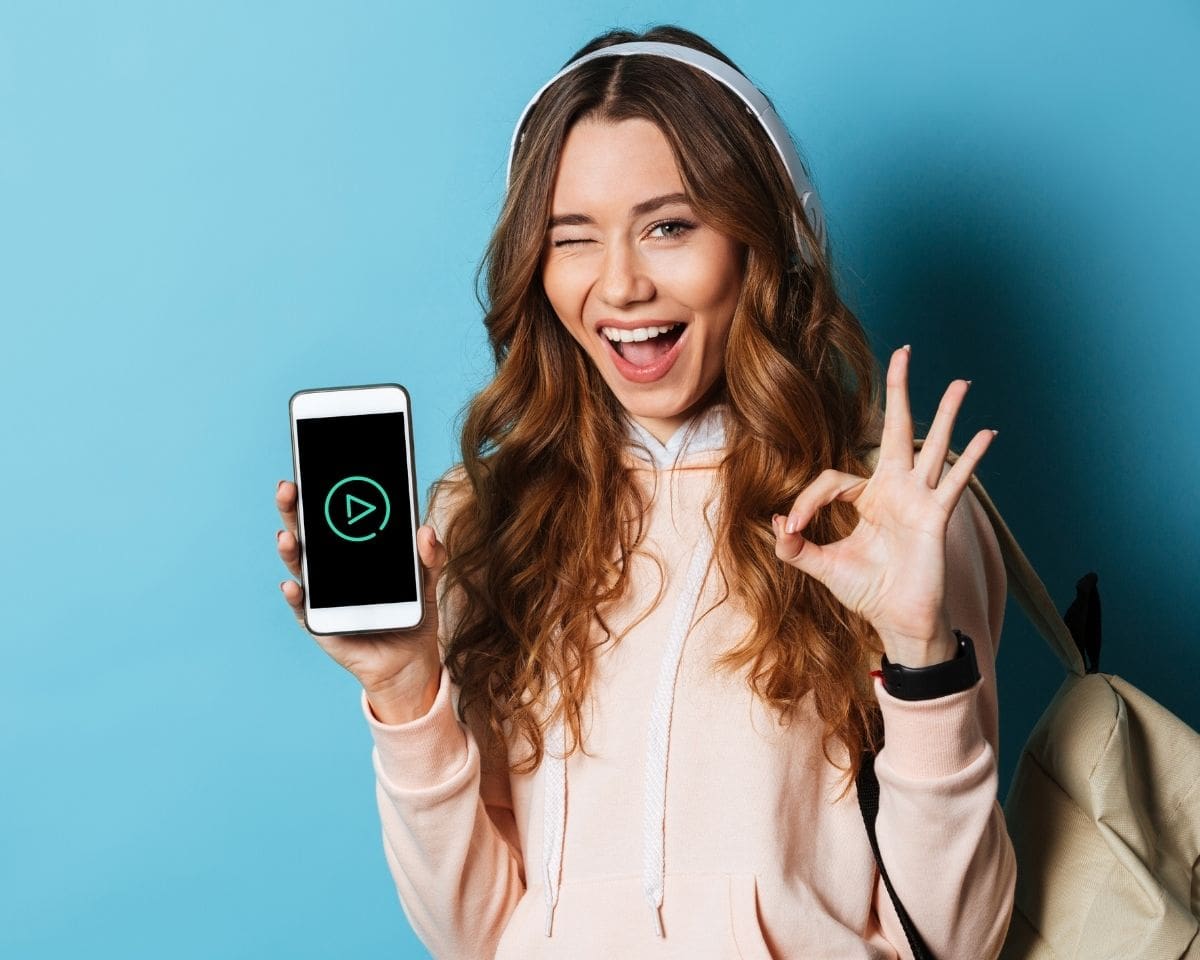


2 Responses
What if you realize, during the pre-interview, that the person is not a “good fit” for your topic or is not a great conversationalist? How do you turn down someone, especially if you are the one who initiated the conversation/project?
Hey Heloise, I guess my first piece of advice is to make sure you set yourself up to avoid this by doing as much research as possible before you ask a guest on your show. Try and find anything you can where they’re on camera or on a podcast so you can get a sense of what kind of guest they’d be. Most people have something like this floating around on the internet, but if not I’d make sure that if you’re approaching a guest with ZERO knowledge of what they’re like as ‘talent’ then never approach them promising an interview. Instead, contact them and say something like “I’m looking for people to feature on my podcast and I’d love to have a chat with you to find out more about you and see if your story fits in with the other guests I’ve got coming up.” That way you’re not promising them a spot before you’ve vetted them. If you’re in a situation where you’ve gone too far down the path, you’re not really going to be able to avoid an awkward situation but I’d probably suggest telling them that you really appreciate their time but you have another guest with a similar story and you want to make sure the balance is right? Or something like that? These conversations are never easy which is why you need to do as much to mitigate disaster in the lead up as possible. Not every guest will be right for your show.